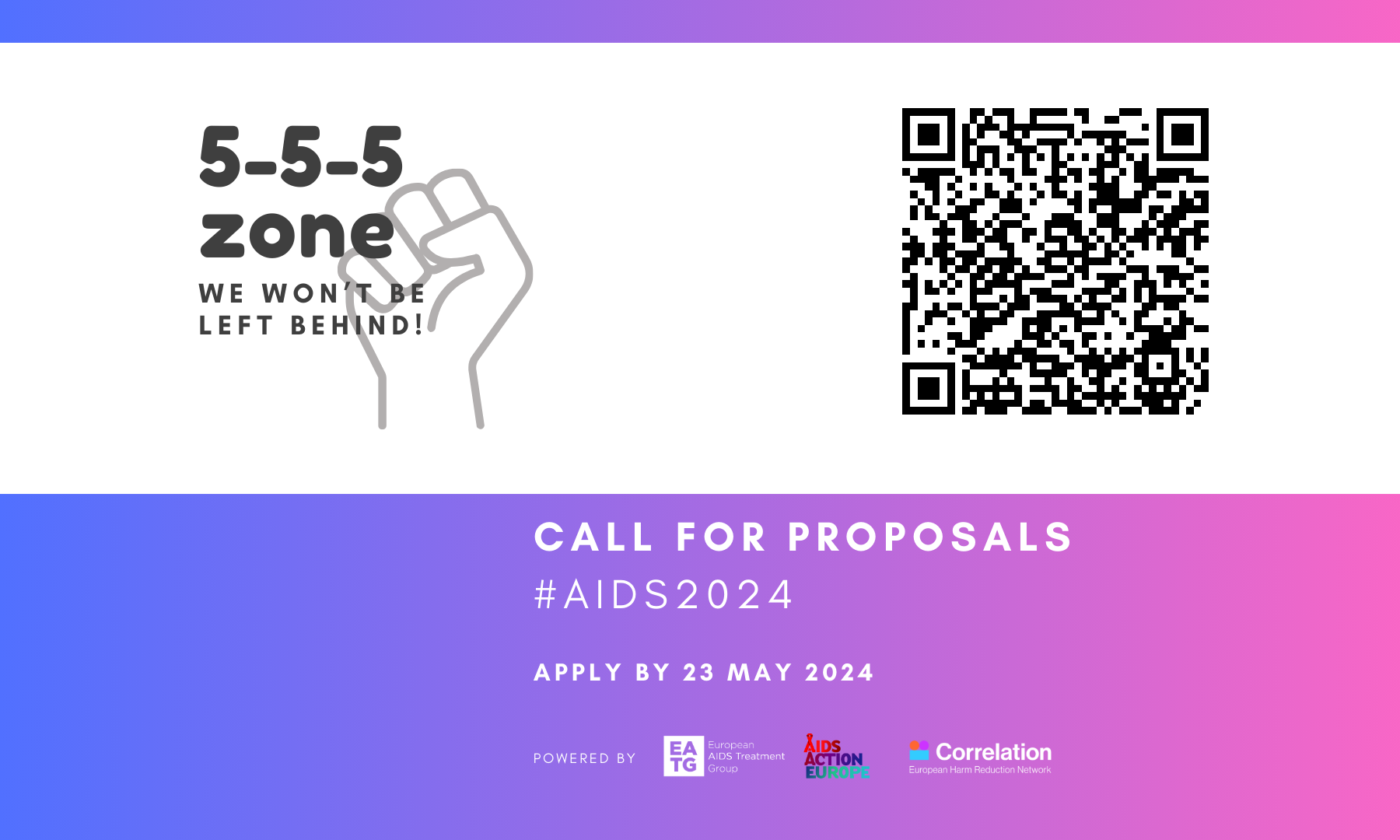
Multiple authors
At the meeting of the Horizontal Working Party on Drugs on the 11th of July, Iga Jeziorska, Correlation’s research officer spoke about the position of people who use drugs in a mental health context on behalf of the Civil Society Forum on Drugs, bringing some recommendations on improving their access to care.
When it comes to access to care, people who experience the co-occurrence of psychiatric disorder and substance use disorder are faced with various barriers on different levels. The prioritisation of specialised, large mental health institutions, the limited amount of alternative, community-based care possibilities and insufficient funding for mental health services are some examples of systemic barriers.
Meanwhile, there is a lack of mental health professionals and the gaps in mental health education result in a lack of comprehensive understanding among practitioners. These are staff-related barriers, which also include the stigma that people who use drugs face when reaching out for care. At the same time, innovations in care services can not keep up with the changing drug markets and drug use patterns.
Besides the above, the low accessibility of the services also challenges access to care. On the one hand, there is a lack of knowledge on available mental health support, while on the other hand the costs and insurance policies, waiting times and necessary documents, and the lack of mental health support in low-threshold services also prevent many when it comes to trying to access care.
To counter these barriers, it is key to ensure the availability of mental health care services for people who use drugs outside the context of drug dependence treatment as well. Community-based service options, such as the integration of mental health care into community-based harm reduction services, would also increase the number of accessible services. Besides, the scaling-up of reintegration services could ensure the continuum of care.
The integration of mental health care and substance use services, and the availability of these at a primary health care level should also be a goal. Training and the establishment of multidisciplinary teams able to address a range of problems could support the promotion of person-centred approaches that can incorporate biological, psychological, and social factors and the complex interactions of these.
Investment in research and innovation in the field is of crucial importance, while continuous monitoring and evaluation of the effectiveness of interventions is also needed. Additionally, awareness-raising campaigns could help reduce stigma and improve health literacy.